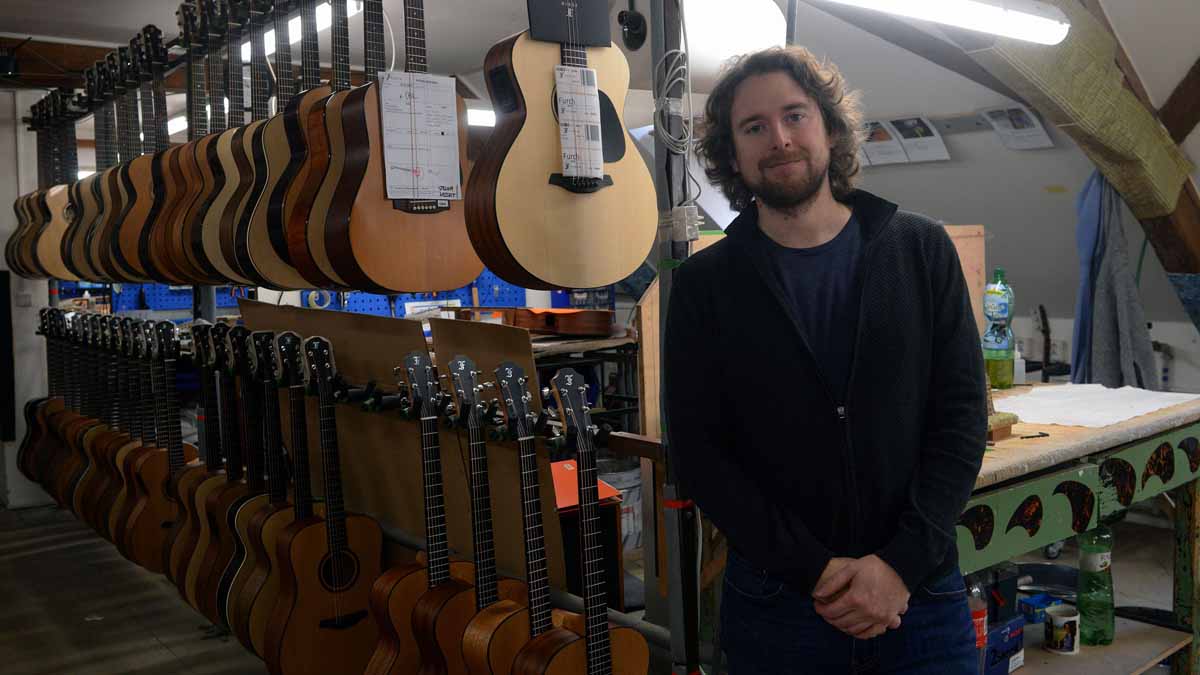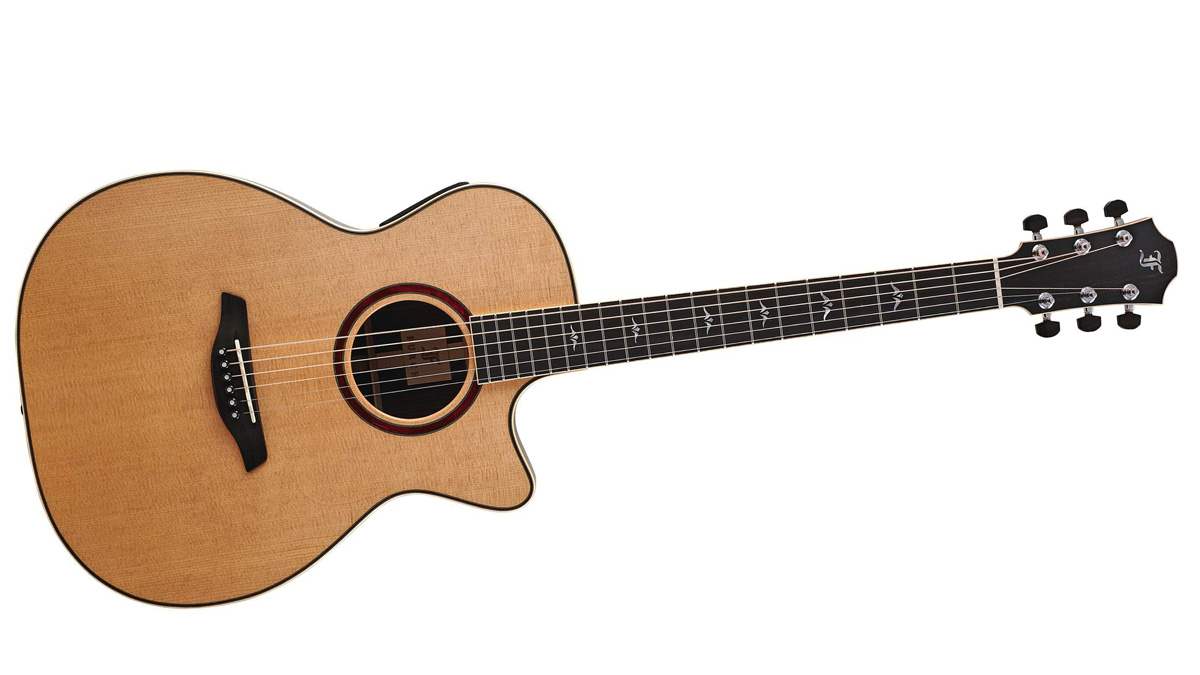Furch Guitars to reduce its carbon footprint by up to 60 per cent in 2020
Petr Furch calls for the industry to shift to renewable energy suppliers to make guitar production more eco-friendly

The Czech acoustic guitar company Furch Guitars has announced that it will reduce its carbon footprint by almost two thirds in 2020, with its CEO Petr Furch calling on other manufacturers to seek out green energy suppliers.
The acoustic guitar industry has seen many eco-friendly innovations in recent years, with the likes of Taylor spearheading the use of more sustainable timber, and Martin using Richlite for fingerboards and bridges.
But Furch says that materials are only one part of the story, and that guitar builders need to look across their supply chain to see where more sustainable alternatives can be found.
I would like to motivate other companies to focus their attention in this direction as we have
Petr Furch
He believes that a shift to green energy would incentivise the energy suppliers to increase their capacity from renewable sources.
”So far, most musical instrument manufacturers have focused mainly on material sources and have forgotten about energy sources,” said Furch in a statement. ”I would like to motivate other companies to focus their attention in this direction as we have.”

This year, Furch Guitars has switched energy suppliers. All of its electricity is now supplied from renewable sources such as solar, biogas, water, wind and biomass, reducing the company's carbon footprint by up to 60 per cent.
”The growing interest in green energy will make it possible to create a sufficiently large demand that will motivate energy producers to increase the production more steeply,” said Furch. ”In my opinion, this approach to reducing the global carbon footprint is healthier and at the same time sustainable in the long run, in contrast to the artificial principle of subsidies.”
Want all the hottest music and gear news, reviews, deals, features and more, direct to your inbox? Sign up here.
Furch Guitars lists the carbon footprint for each of its guitars online. In switching to renewables for its electricity, the average carbon footprint per guitar has been reduced from 35.3kg to 14.1kg.
The growing interest in green energy will make it possible to create a sufficiently large demand that will motivate energy producers to increase the production more steeply
Petr Furch
There is some variance but across the board the reduction is dramatic. Take the Furch Violet Master's Choice: its carbon footprint is listed as 9.6kg versus 24kg last year.
This, allied to a support for ecological tonewoods, is part of the company's ongoing strategy. Furch Guitars has a partnership with the Arimae community in Panama as means of ensuring the supply of sustainable mahogany and cocobolo. Its Full-Pore High-Gloss finish uses up to 98 per cent less solvent than alternative lacquers.
See Furch Guitars for more information.
Jonathan Horsley has been writing about guitars and guitar culture since 2005, playing them since 1990, and regularly contributes to MusicRadar, Total Guitar and Guitar World. He uses Jazz III nylon picks, 10s during the week, 9s at the weekend, and shamefully still struggles with rhythm figure one of Van Halen’s Panama.
